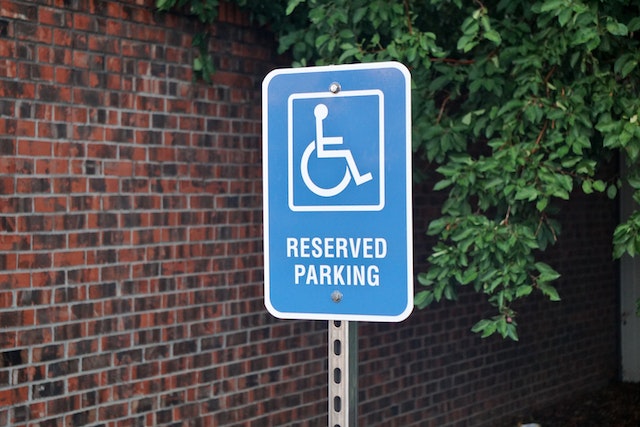
When you own commercial properties, you need to make sure that anyone can make use of it. Building or designing a property that is not accessible to disable people is simply not acceptable in any part of the United States, and your local government might have even more rules about accessibility. If you are unsure of exactly how to comply with all of these accessibility regulations, do not stress yourself out. Our Long Island, NY real estate litigation lawyers are more than prepared to help you with this.
What Are Some Accessibility Features to Keep in Mind?
Many of the accessibility rules you have to follow come from the Americans with Disabilities Act of 1990, often simply referred to as the ADA. This law says that all buildings are accessible to those with disabilities. That means that someone in a wheelchair or an amputee with crutches needs to be able to get into your building and navigate through it just like anyone else.
This means that you have to carefully consider how your building is designed and make sure that you are offering features that can help disabled people access your building safely. Features that many buildings add to stay in line with ADA requirements include:
- Automatic doors that make it easier to access the building
- Ramped walkways
- Handrails
- A reasonable ratio of handicap-accessible parking spaces
- Tactile pavement features that can warn people with visual impairments about potential hazards
All of these features can make your commercial more accessible and safer for those living with disabilities.
How Are Property Upkeep and Accessibility Related?
You also need to remember to keep your property well-maintained. When you make repairs or upgrades, you should be sure that your contractor knows ADA standards. If you have concrete or pavement that is damaged or broken, that is a danger to everyone. It is especially dangerous to those with disabilities though.
What Happens if I Do Not Comply With Accessibility Rules?
Not complying with accessibility standards can get expensive quickly. Fines from the government can quickly begin to eclipse the cost of simply adding accessibility features like ramps and handrails. You also have to worry about being hit with a lawsuit by anyone who gets injured on your non-compliant property.
You should also think about this from a business standpoint. Why would you want to limit the number of people who can access your property? You could be abandoning potential customers when you do not meet accessibility rules.
Do I Need an Attorney?
An experienced commercial real estate attorney can help you ensure that you are in compliance with all accessibility rules and regulations. If changes need to be made to one of your commercial properties, your attorney will be able to let you know.
Contact Our Law Firm Today
Managing commercial real estate is not always easy, but our attorneys can help you stay on top of things and protect yourself. Contact David A. Gallo & Associates LLP and set up a consultation today. Whether you own one commercial property or a whole group of them, we are equipped to watch your back and help you avoid any issues.



